You were almost trampled on the Market Square again, the bagel stuck in your throat, and the sound of the bugle call starts to hurt your head. Relax! We will remind you what makes Krakow such an interesting city.
As always, all items in our TOP10 are based on articles published by "Curiosities of History". We invite you to a review of 10 curiosities that will reawaken your sentiment towards the city of Krak.
Perhaps you didn't learn at school that…
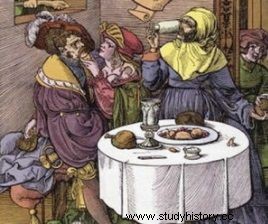 | 10. | In the modern era, Krakow was the second Corinth. There were plenty of brothels and open-air places within the city limits, where prostitutes would come to get customers. Harlotry was legal and Krakow benefited from it (read more on this). |
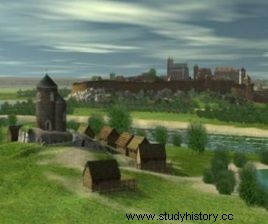 | 9. | Krakow obtained city rights much earlier than is commonly believed. The location did not take place on the basis of a document issued in 1257, or at least 30 years earlier. (read more about this) . |
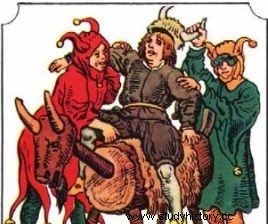 | 8. | Students constantly getting into trouble with the law have been part of everyday life in Krakow for six centuries. If Casimir the Great knew that students would drink regularly, indulge in debauchery and start brawls, perhaps he would think twice. (read more about this). |
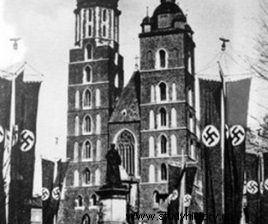 | 7. | Krakow was the capital of the General Government and the retreating Germans had no intention of giving it up without a fight. The occupiers decided to turn the city into a fortress and defend it for many weeks, which was to stop the Red Army offensive. (read more about this). |
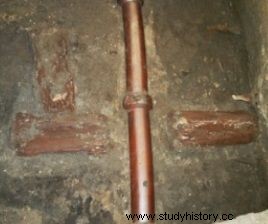 | 6. | The first mentions of waterworks in Krakow come from the fourteenth century. At that time, the waterworks supplied drinking water to three city wells, which the inhabitants of Kraków could freely use. (read more about this). |
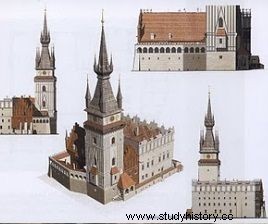 | 5. | Unlike most self-respecting cities and towns, Krakow does not have its own historic town hall . Only the town hall tower remained, and the inhabitants of Kraków sealed the fate of the building themselves. (read more about this). |
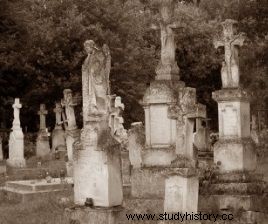 | 4. | During World War II, employees of the Kraków mortuary, risking their lives, fought to preserve the memory of the numerous victims of the invader. It was thanks to their generosity that the identity of the victims of the police prison on ul. Montelupich and the Gestapo torture room on ul. Pomeranian. (read more about this). |
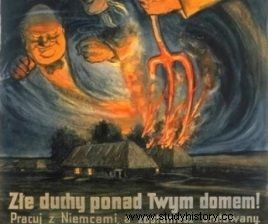 | 3. | While the uprising was underway in Warsaw, Krakow was preparing for the attack of the Red Army. The Cracovians, of the two evil ones, were more afraid of the Bolshevik onslaught and volunteered to build the ramparts. (read more about this). |
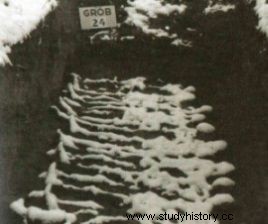 | 2. | Contrary to appearances, Krakow did not avoid acts of terror by the occupant. The Germans carried out mass murders in the city. As if that were not enough, the victims were forced to dig their own graves. (read more about this). |
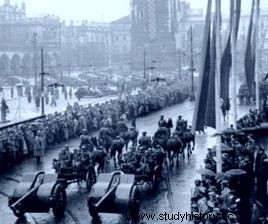 | 1. | The Nazis, whose feet were on fire in 1944, decided to create a Polish army alongside the Wehrmacht. They called on Poles to sign up to fight the red onslaught from the east, but the Krakow recruiting office was empty. (read more about this). |
